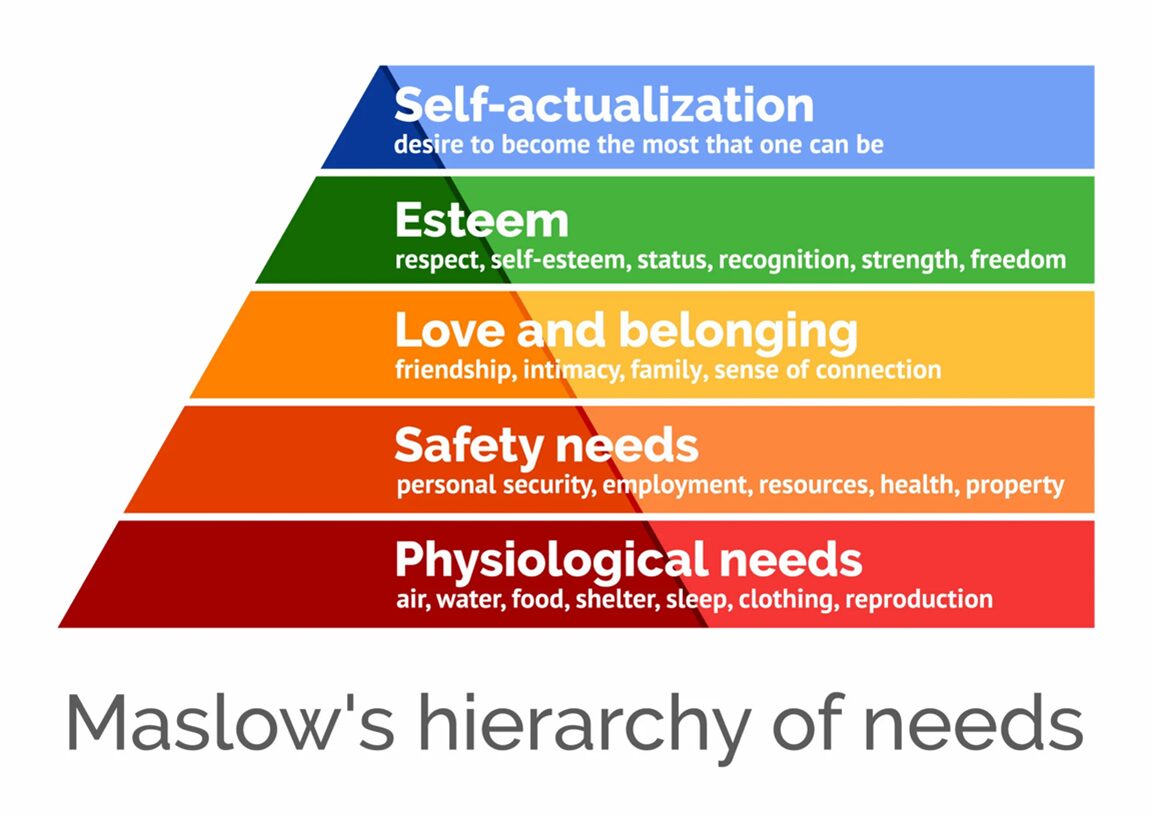

What’s Impacting Organizational Accountability?
Paul Batz
Every leader knows that accountability is essential to a thriving organization. Yet, many struggle with building a culture where accountability isn’t just enforced—it’s embraced. The latest Good Leadership research on accountability identifies the following key factors influencing how employees perceive accountability at the organizational level. Together, these factors explain why some organizations have a proactive, growth-oriented approach to accountability, while others feel stuck in reactive, punitive cycles.
1. Rewarding Healthy Accountability Motivates Positive Behaviors
The research found that the strongest driver of proactive accountability is whether employees see accountability being rewarded. When organizations recognize and celebrate accountability, rather than just correcting failures, people are more likely to take ownership of their work.
A leader who consistently acknowledges when team members follow through on commitments, own their mistakes, and drive results creates a culture where accountability feels positive. If accountability is reinforced as a valued behavior, it becomes ingrained in the culture.
2. Consistency and Fairness Make Accountability Feel Legitimate
Nothing erodes accountability faster than inconsistency. Employees are far less likely to proactively seek accountability if they believe it’s applied unfairly—whether that means different standards for different people or a lack of follow-through when accountability issues arise.
Fair and consistent accountability practices create trust. When employees believe expectations apply equally across teams and levels of leadership, they are more likely to buy into the organization’s accountability culture rather than resist it.
3. A Growth-Oriented Approach Encourages Proactive Accountability
Many organizations still approach accountability through a punitive lens—treating mistakes as failures rather than learning opportunities. The research confirms that when accountability is framed around growth and development instead of punishment, employees are far more likely to embrace it.
When accountability leads to coaching, skill-building, and career development, it shifts from something employees fear to something they seek out. A leader’s role is to ensure accountability conversations are constructive, forward-looking, and focused on improvement.
Accountability is Built, Not Imposed
Organizational accountability doesn’t happen by accident. It’s built through intentional leadership behaviors, fair systems, and a focus on growth rather than punishment. The challenge for leaders is clear: Is accountability in your organization something people seek, or something they avoid?
Accountability starts at the top. If senior leaders don’t actively demonstrate accountability—owning their decisions, being transparent about challenges, and holding themselves to the same standards as others—then accountability won’t take root at any other level.
Leaders who model accountability signal that it’s not just an expectation for employees. It’s a shared responsibility throughout the organization. When employees see accountability in action from leadership, they are more likely to follow suit.
For leaders looking to strengthen accountability in their teams and organizations, the next step is to ask: What’s reinforcing accountability in this culture? And what needs to change?
For more information on the organizational impacts of accountability, you can listen to the following episodes of the Good Leadership Podcast:



